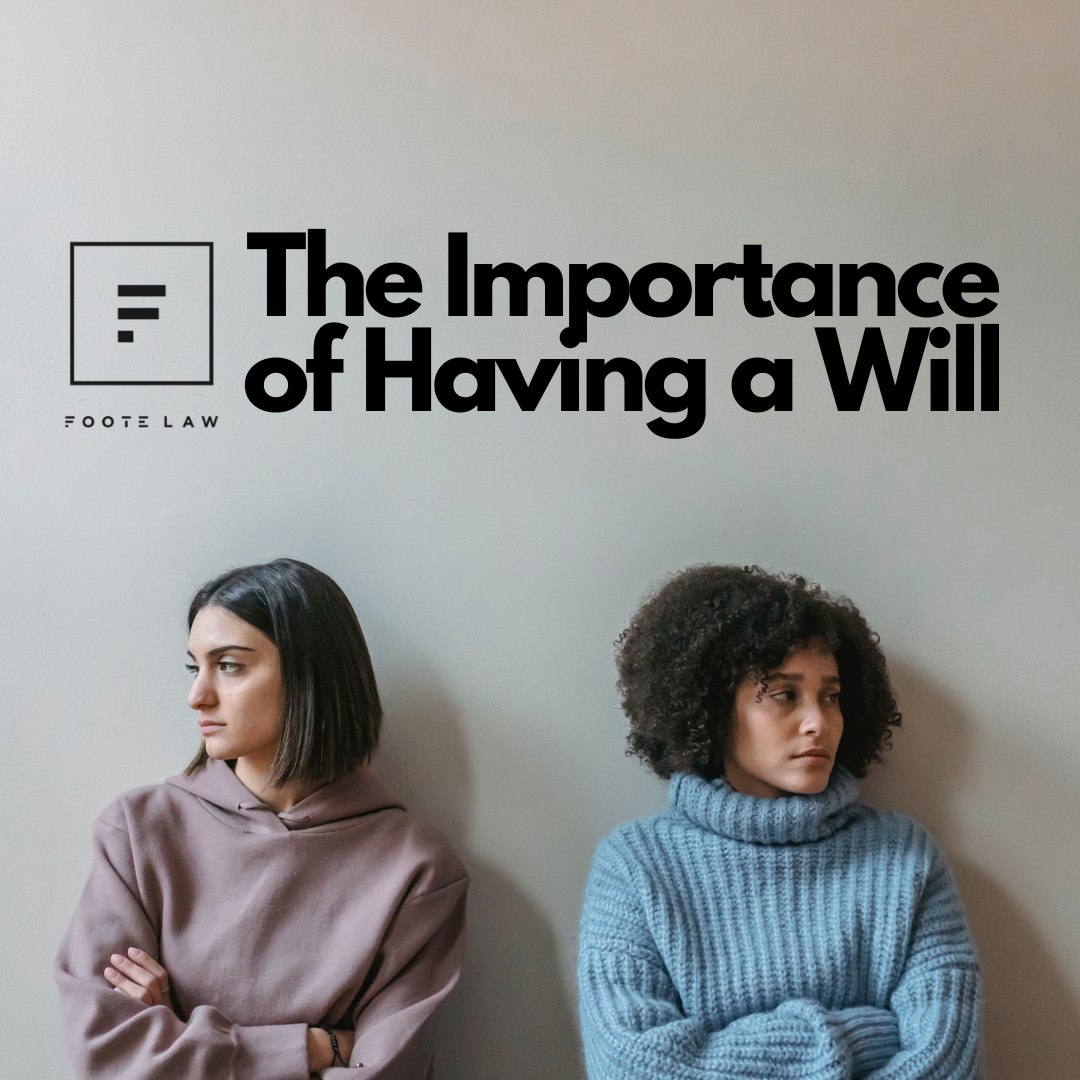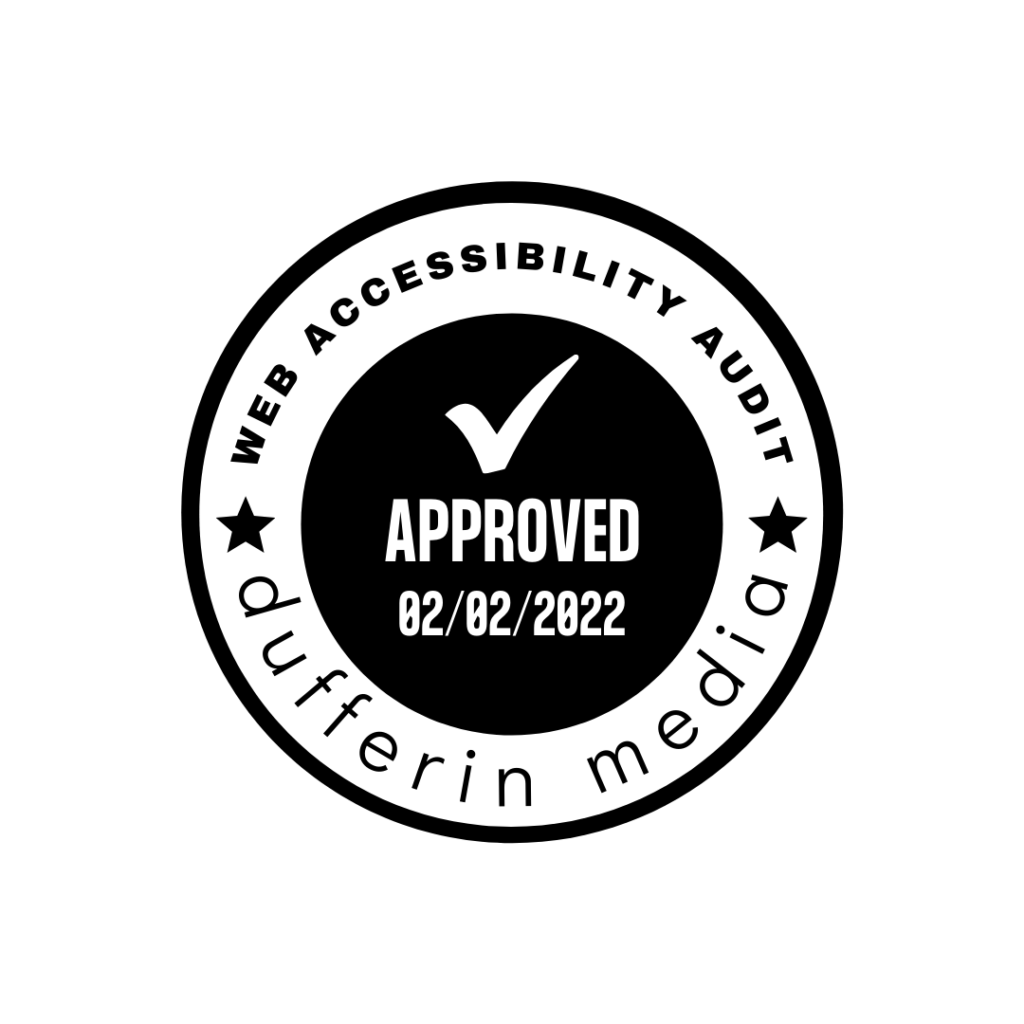The Importance of Having a Will

The Importance of Having a Will
Perhaps you are thinking, “what is the big deal”? Perhaps you believe, “I am still young; I will not need a Will for many years,” or “I am in good health; why would I need a Will?” Many people also believe that they may not have possessions worth passing along to anyone. Or perhaps, because they are afraid of discussing the inevitable, they simply will not discuss it at all. In other words, many people may be guilty of not understanding the importance of having a Will and may rely on any number of excuses to avoid the discussion. The truth is, however, no matter what you own (or do not own) and whether you have a spouse and children or not, the importance of having a Will is paramount and this blog explores the reasons why.
Currently, it is estimated that as many as half of all Canadians do not have a Will. Young people think they do not need one; older folks think it is a “tempting fate” to have one. On the list of things to do, having a Will is often last. One of the reasons for failing to have a Will prepared may also include the general perception that doing so is expensive. Therefore, with all these reasons NOT to have one, why is it so very important that you do? First, for your protection and the protection of those you love most. The passing of a loved one is arguably the most significant and devastating life event that one might experience. Imagine dealing with a loss and having no idea how, or potentially, no ability to direct their Estate or honour any final wishes. Having a Will allows you to direct how your Estate, whether large or small, is distributed and how your loved ones will be cared for. Without a valid Will in place, anything could happen.
The Legalities of Passing Without a Will
Without a Will, here is what may happen to your assets:
- You will be considered to have passed “intestate,” which means without having a Will.
- As a result, the Ontario government’s Succession Law Reform Act will govern how your property is disposed of.
- If there are no children, your spouse will benefit from all proceeds. However, this ONLY applies to married spouses, not common-law spouses.
- If there are children, your Estate will be divided according to either “preferential share” and/or “residue,” formulas that determine what portion of your Estate your spouse or your children would receive.
- If there is neither a spouse nor children, the next potential distribution of any assets would be to your parents.
- In each of these examples, your wishes, if not explicitly stated in a Will, may not be represented. In the event of no next of kin at all and without a specific designation of your Estate, the government retains the proceeds.
- In addition to having a Will prepared on your behalf, without a Power of Attorney or a Living Will, you are also at risk of not receiving the medical care you wish to receive in life-threatening circumstances, including the decision to or not to prolong your life.
The Legalities of Passing with a Will
- Having a Will is your legal protection. It will determine to whom and in what manner your assets are distributed in accordance with your wishes. It alleviates some of the burdens of decision-making for the family you leave behind while protecting your loved ones from excess financial strain during an already challenging time.
- Having a will and children under the age of 18 allows you to appoint a Legal Guardian to act in their best interests and on your behalf. It allows you to protect and designate financial assets for their care, education, and future.
- Having a Will allows you to plan appropriately for your Estate, thereby avoiding certain tax burdens to maximize what you can leave for your family.
- Having a Will allows you to specifically name an individual you trust to manage the distribution of your estate and to designate a person or persons to receive specific benefits from your Estate. Such proceeds may arise from the sale of the family home, designated heirlooms, other possessions, or investment holdings.
- Having a Will does not have to be complicated, nor is it an expensive or onerous process. Once signed and witnessed, it is in place until your passing. If your situation should change, you are able to make amendments, referred to as “codicils,” to your Will, which can be completed and signed and witnessed in the same manner as the original Will is signed. A Will may also be revoked, and a new Will prepared, at any time, under the proper procedures. Should you pass away prior to a new Will being in place, the previous Will and its provisions contained may be followed.
- Having a Will that also includes a Living Will or Power of Attorney for Personal Care and/or for Property protects your interests and honours your specific wishes if you experience an accident or illness that leaves you incapacitated.
In summary, the importance of having a will cannot be overstated. It will protect your wishes, ensuring your loved ones are taken care of in the manner that you would like them to be. This is particularly important where young children are concerned. You will want to think carefully about whom you designate as their Legal Guardian and/or Financial Guardian. Without regard to the size of your Estate, a Will ensures that what you own is what will be distributed and to whom. If you have a significant financial legacy, explicit instructions will protect those assets and ensure those whom you feel are most deserving or in need are the recipients. A Will is the protection of your hard work throughout your life. It makes good sense to ensure that your work was not in vain, passed along to someone who is no longer a significant part of your life or to the government.
Talk to us about the importance of having a Will and Powers of Attorney prepared and the affordable options for doing so. Foote Law is here to help. Talk to the Foote Law team today.



Recent Comments